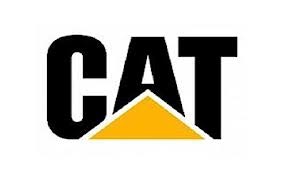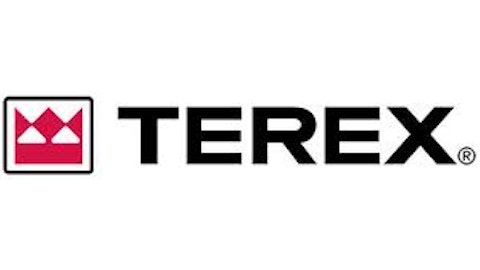Jim Chanos is famous for shorting Enron, which, among other prescient shorts, has rightly earned him a stellar reputation as a short seller. At the 2013 Delivering Alpha investment conference, Chanos announced a short position in Caterpillar Inc. (NYSE:CAT). The bulk of his thesis is that Caterpillar’s earnings have been inflated by the rapid pace of mining and construction in China — a pace that Chanos believes is unsustainable.
Although Chanos has made some impressive calls in the past, his short recommendation at last year’s conference — Hewlett-Packard Company (NYSE:HPQ) — is up nearly 40%. However, Chanos is a long-term investor, and believes both HP and Caterpillar Inc. (NYSE:CAT) will become much less profitable over the next five years. Should you believe him?
Makes a solid case

There is no question that the massive boom in the Chinese economy, along with the commodities bull market, has boosted Caterpillar Inc. (NYSE:CAT)’s profitability. Before the Chinese economy took off, Caterpillar usually posted operating losses during recessions. However, even in the worst recession since the Great Depression, Caterpillar posted an operating profit. Such an achievement would be next to impossible without a huge lift from China.

Meanwhile, the commodities boom has boosted sales of mining equipment — which represents about one-third of Caterpillar Inc. (NYSE:CAT)’s operating profits. Chanos believes the boom will soon come to an end, alongside China’s fall, and will result in much lower profitability for Caterpillar going forward.
Counterpoints have merit
Chanos is one of the greatest short-sellers in the market today, but even he makes mistakes. There are a number of reasons to believe that he is wrong about Caterpillar Inc. (NYSE:CAT). For instance, global demand for construction equipment is still sitting below its pre-recession peak — suggesting that demand might not fall any further than it already has.
A macro counterpoint is that the commodity bull market is not about to come to an end. Legendary commodities investor Jim Rogers believes commodities still have a ways to run before they cool off; he bases his opinion on his observation that hardly any additional supply is coming into the market for most commodities. Of course, a drop-off in demand in China would free up supply.
If the demand for Caterpillar Inc. (NYSE:CAT)’s products holds up, then the company is in pretty good shape. Its largest American rival, Deere & Company (NYSE:DE), has a strong brand name and best-in-class equipment quality that gives the company tremendous pricing power. Its market position in agricultural products is unassailable, but it does not pose a threat to Caterpillar in the construction and mining space. Therefore, Deere is not a serious competitive concern for Caterpillar going forward.
The rest of Caterpillar Inc. (NYSE:CAT)’s non-Asian competition comes in the form of Terex Corporation (NYSE:TEX). Terex is unique in that it deals directly with the customer instead of selling through dealers. This strategy comes largely out of necessity — the company is simply too small to compete with heavyweights like Deere & Company (NYSE:DE) and Caterpillar — and the lack of a large dealer network puts the company at a disadvantage. The company’s lack of scale makes it difficult to turn a stable profit, which in turn makes it difficult to expand. Therefore, Terex — and other companies like it — does not pose a competitive threat to Caterpillar.



